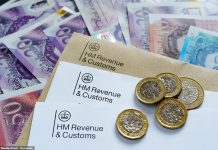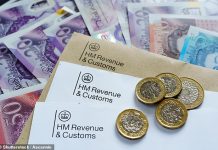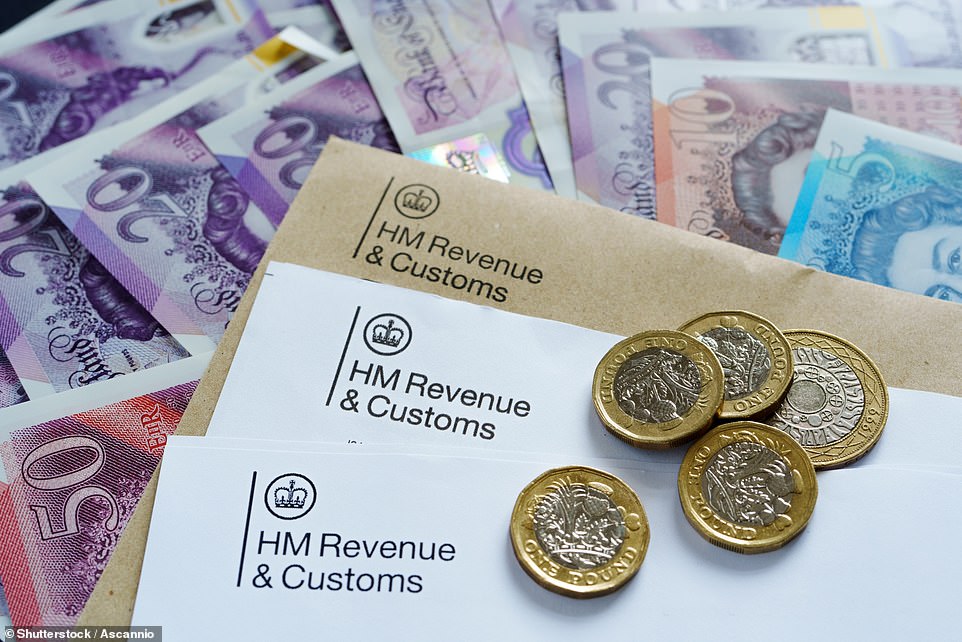Advertisement

HM Revenue & Customs will now have the power to take money directly from the bank accounts of those who haven’t paid a tax bill, in a move a tax expert has called ‘draconian’. Banks and building societies will be required to pay the taxman directly from a debtor’s account, if they have repeatedly refused to pay a tax bill worth £1,000 or more. This includes funds held in cash Isas.

This recovery scheme, known as Direct Recovery of Debts or DRD, was launched in 2015, but was paused during the covid pandemic. HMRC has officially relaunched it in what it calls a ‘test and learn’ phase after being given the power to do so by Chancellor Rachel Reeves in the Spring Statement in March 2025.

The tax authority says it wants to target those who can afford to pay their tax bills, but have repeatedly refused to do so. It will mostly apply to those who need to file a self-assessment tax return, for example the self-employed, or those who get significant income from investments, second properties and savings interest.
How does it work?

Taxpayers will receive a visit from HMRC agents before any money is taken from their bank account where they will identify the taxpayer, confirm it is their debt and to discuss options for repayment. The rules state that a taxpayer must be left with at least £5,000 in their account to enable them to cover essential expenses.

There is a 30-day timeframe for tax appeals which must also have passed before HMRC can raid someone’s account. Customers who are identified as ‘vulnerable’ won’t be targeted under the scheme, it said. Tax experts have lambasted the taxman’s debt reclaiming powers.

Dawn Register, a tax dispute resolution partner at advisory firm BDO said: ’Given the pressure on public finances, it’s clear that HMRC is determined to get tougher on those who can pay but don’t pay. ‘The relaunch of this draconian power underlines how important it is not to stick your head in the sand and ignore HMRC demands.’

The latest figures show there is £42.8billion in tax owed to HMRC which remains unpaid, with the amount of unpaid tax significantly higher than pre-pandemic levels. The Government wants to collect over £11billion more in unpaid debt by the end of 2030.

It has invested £630million to improve HMRC’s ability to recover debt, which includes hiring 2,400 new debt management staff. ‘There will undoubtedly be practical challenges for HMRC in using these powers but we hope that the safeguards in place will prevent it from overstepping the mark,’ Register added.
#HMRC #money #bank #havent #paid #tax
















